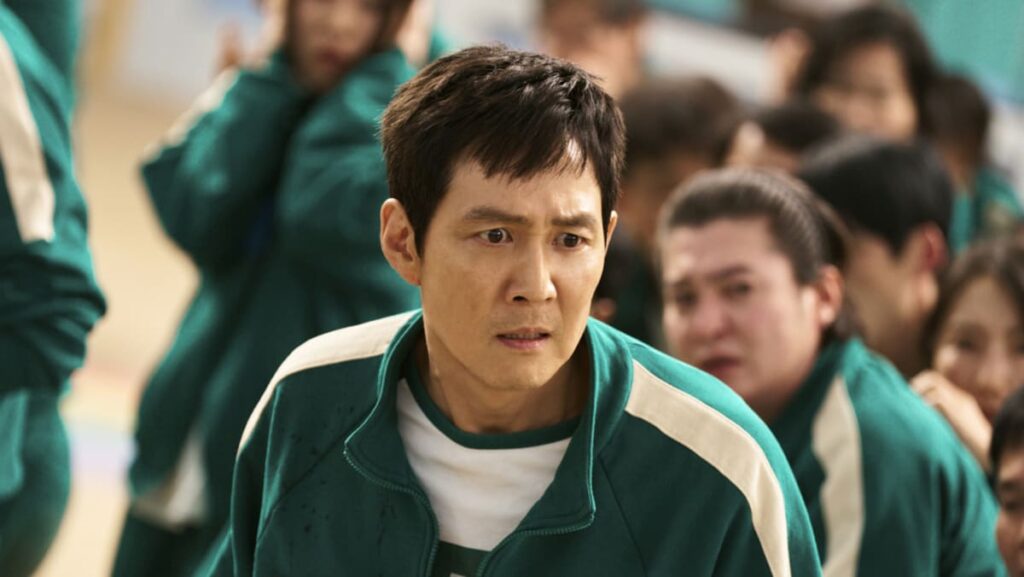Squid Game plays on the almost comical ability people have to believe in their own capacity to survive and be the chosen winner.
The cruelty and violence of the game itself fuels players’ almost transcendental convictions that they are destined to be the sole victor of the games. These desires, however, clash with the core humanity of the players.
Camaraderie develops as the players work together, and family ties, past friendships, shared experiences, compassion and spirituality all have a clear presence in the show. But in the end, they are overshadowed by the rigid logic of the overarching game.
The most scandalous recent example for such behaviour is American financier Bernie Madoff who ruthlessly defrauded family and kinship in the Jewish community for his personal gain.
“TEMPORARILY EMBARRASSED MILLIONAIRES”
Some critics bemoaned that Season 2 is too focused on the lives of the players, with the actual games not beginning until episode four.
However, this shift arguably makes the relationship between the players’ real lives and the games much more explicit. In turn, it makes the show’s critique of capitalism even more pronounced.
While the high-stakes games are undoubtedly the series’ main draw, the popularity of the series still has a lot to do with its intrinsic message, which becomes much more pronounced in the second season. People can identify with the characters risking their survival for the promise of heroically winning another lease on life against all odds.
As American writer John Steinbeck once put it, many middle- and working-class Americans see themselves as “temporarily embarrassed capitalists”. This mindset encapsulates the relentless participation in a capitalist system that offers only the faint possibility of success.
This dynamic is illustrated in Squid Game Season 2, which explores how individuals rationalise their participation in a game that otherwise runs counter to their most basic human impulses.
The lyrics to Bertold Brecht’s satirical song March of the Calves comes to mind: “Following the drum / The calves trot / The skin for the drum / They deliver themselves.”
It’s a sobering metaphor for the way the promise of success often blinds us to the personal sacrifice we may pay to achieve it.
Dirk Matten is professor of sustainability and Hewlett-Packard chair in corporate social responsibility at the Schulich School of Business, York University, in Canada. This commentary first appeared in The Conversation.
https://www.channelnewsasia.com/commentary/squid-game-season-2-south-korea-capitalism-debt-netflix-4842371


